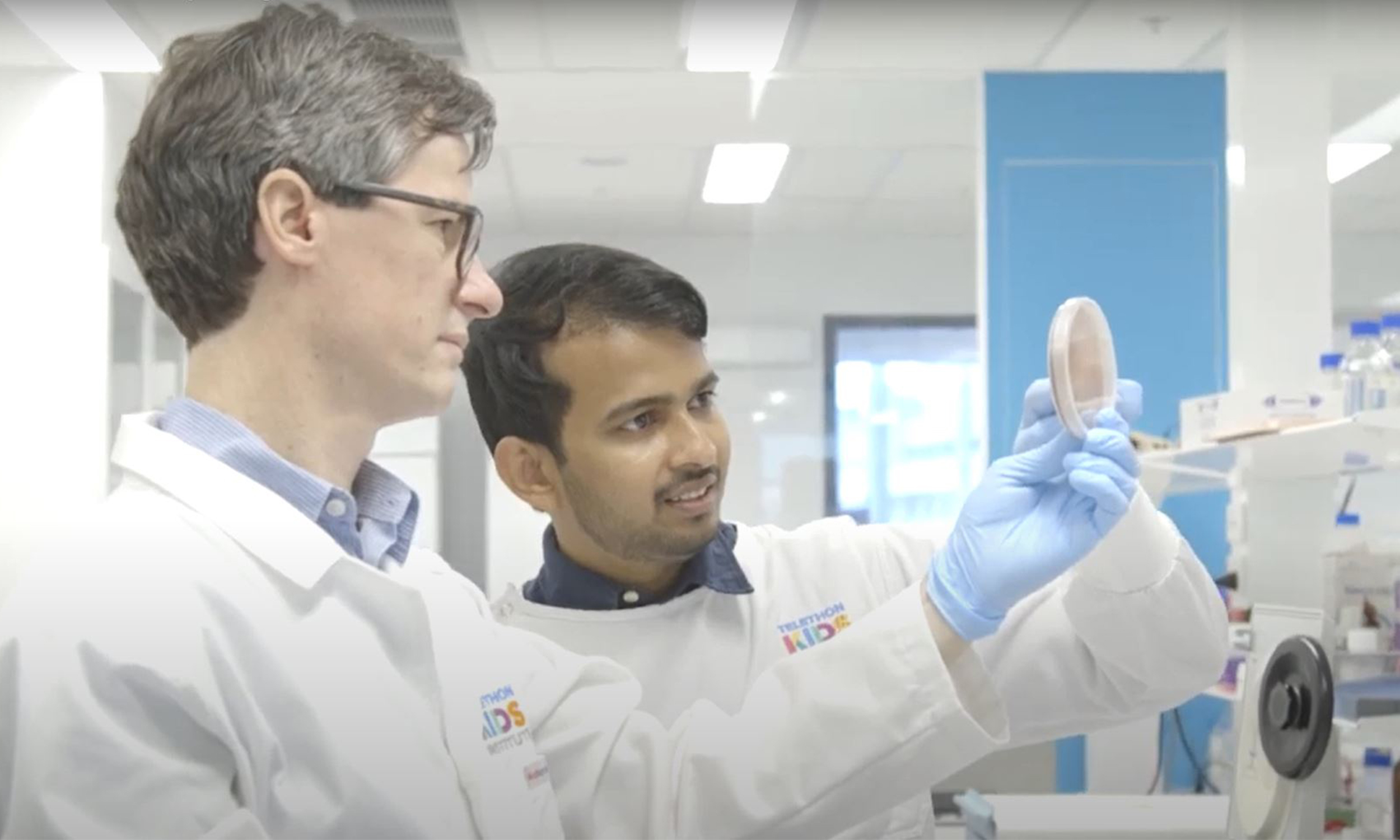Search

News & Events
The Kids Research Institute Australia researchers discover new form of antimicrobial resistanceAustralian researchers have uncovered a new form of antimicrobial resistance (AMR) – undetectable using traditional laboratory testing methods – in a discovery set to challenge existing efforts to monitor and tackle one of the world’s greatest health threats.
Research
Childhood vaccination coverage in Australia: an equity perspectiveThis study describes trends in social inequities in first dose measles-mumps-rubella (MMR1) vaccination coverage in Western Australia (WA) and New South Wales (NSW).
Research
Impacts on Human Movement in Australian Cities Related to the COVID-19 PandemicNo studies have yet examined high-resolution shifts in the spatial patterns of human movement in Australia throughout 2020 and 2021, a period coincident with the repeated enactment and removal of varied governmental restrictions aimed at reducing community transmission of SARS-CoV-2. We compared overlapping timeseries of COVID-19 pandemic-related restrictions, epidemiological data on cases and vaccination rates, and high-resolution human movement data to characterize population-level responses to the pandemic in Australian cities.
Research
Epstein–Barr virus infection, B-cell dysfunction and other risk factors converge in gut-associated lymphoid tissue to drive the immunopathogenesis of multiple sclerosis: a hypothesisMultiple sclerosis is associated with Epstein–Barr virus (EBV) infection, B-cell dysfunction, gut dysbiosis, and environmental and genetic risk factors, including female sex.
Research
‘Corona is coming’: COVID-19 vaccination perspectives and experiences amongst Culturally and Linguistically Diverse West AustraliansCulturally and Linguistically Diverse (CALD) groups within high-income countries are at risk of being left behind by the COVID-19 vaccination rollout. They face both access and attitudinal barriers, including low trust in government and health authorities.
Research
Clinical experience with SUBA-itraconazole at a tertiary paediatric hospitalItraconazole remains a first-line antifungal agent for certain fungal infections in children, including allergic bronchopulmonary aspergillosis (ABPA) and sporotrichosis, but poor attainment of therapeutic drug levels is frequently observed with available oral formulations. A formulation of 'SUper BioAvailability itraconazole' (SUBA-itraconazole; Lozanoc®) has been developed, with adult studies demonstrating rapid and reliable attainment of therapeutic levels, yet paediatric data are lacking.
Research
Planning and clinical role of acute medical home care services for COVID-19: consensus position statement by the Hospital-in-the-Home Society AustralasiaDuring a pandemic when hospitals are stretched and patients need isolation, the role of hospital-in-the-home (HITH) providing acute medical care at home has never been more relevant. We aimed to define and address the challenges to acute home care services posed by the COVID-19 pandemic.
Research
Case Report: Neonatal Varicella Acquired From Maternal ZosterThe incidence of neonatal varicella has decreased dramatically since the introduction of the varicella vaccination. Although the varicella zoster virus is often associated with a mild infection, it may cause severe morbidity and mortality, particularly in the neonatal period and immunocompromised hosts. We report a case of neonatal varicella acquired from maternal zoster in a mother on biological immunosuppressive therapy.
Research
Systems Biology Methods Applied to Blood and Tissue for a Comprehensive Analysis of Immune Response to Hepatitis B Vaccine in AdultsConventional vaccine design has been based on trial-and-error approaches, which have been generally successful. However, there have been some major failures in vaccine development and we still do not have highly effective licensed vaccines for tuberculosis, HIV, respiratory syncytial virus, and other major infections of global significance. Approaches at rational vaccine design have been limited by our understanding of the immune response to vaccination at the molecular level. Tools now exist to undertake in-depth analysis using systems biology approaches, but to be fully realized, studies are required in humans with intensive blood and tissue sampling.
Research
An observational study of the reactogenicity and immunogenicity of 13-valent pneumococcal conjugate vaccine in women of childbearing age in Papua New GuineaMaternal immunization with pneumococcal conjugate vaccine (PCV) may protect young infants in high-risk settings against the high risk of pneumococcal infections in early life. The aim of this study was to determine the safety and immunogenicity of 13-valent PCV (PCV13) in healthy women of childbearing age in PNG.
